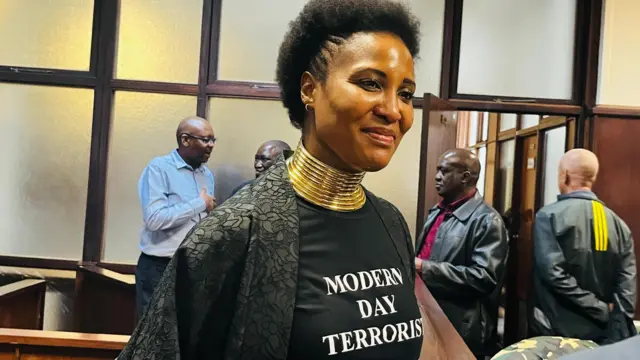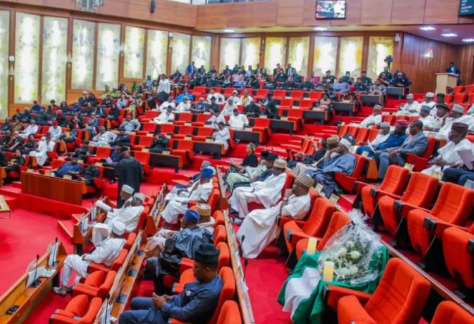A heated confrontation between the Minister of the Federal Capital Territory (FCT), Nyesom Wike, and a military officer during an enforcement exercise in Abuja on Tuesday has ignited nationwide discussion about authority, legality, and respect for public institutions.
The incident unfolded when Wike, alongside officials from the Federal Capital Territory Administration (FCTA), attempted to access a disputed plot of land allegedly linked to former Chief of Naval Staff, Vice Admiral Awwal Zubairu Gambo (rtd). In widely circulated footage, Wike is seen in a tense exchange with soldiers guarding the site, insisting that the developers lacked valid ownership or building approvals. When one soldier resisted his directive, Wike angrily retorted, warning against intimidation and asserting his commitment to uphold the law.
In a statement following the confrontation, Wike condemned what he described as the illegal occupation of government land and the use of military personnel to obstruct lawful enforcement. He emphasized that no individual, regardless of status, would be allowed to bypass development laws in Abuja. Wike said he had personally intervened after FCTA officials were chased away and had reached out to the Chief of Defence Staff and Chief of Naval Staff, who pledged to address the situation.
“The developers have no papers, no approvals — nothing. How can we continue to allow lawlessness to prevail? What about ordinary Nigerians who don’t have the military behind them?” Wike questioned. He reaffirmed his commitment to reclaiming encroached areas and restoring accountability in Abuja’s land administration.
The incident has drawn diverse reactions across the country. Joe Igbokwe, an All Progressives Congress (APC) chieftain, demanded disciplinary action against the soldier, calling the officer’s conduct insubordinate. In contrast, former Minister of Aviation Osita Chidoka criticized Wike for overstepping his authority, arguing that ministers should act through formal channels rather than engaging in personal confrontations with uniformed officers.
Former Kaduna senator Shehu Sani advised caution, describing the episode as a “performative confrontation” and urging restraint in dealing with security personnel. Meanwhile, a coalition of Nigerian military veterans condemned Wike’s outburst, insisting that he publicly apologize for insulting a uniformed officer and undermining the dignity of public institutions.
Civil society groups also weighed in. The Civil Rights Realisation and Advancement Network (CRRAN) described the alleged deployment of soldiers by a retired Naval Chief to guard private property as unconstitutional and a sign of institutional decay. CRRAN emphasized that the Armed Forces should focus on combating insurgency and banditry, not private land disputes, and warned that such actions could embolden impunity and violate citizens’ constitutional rights.
Former Chief of Army Staff, Tukur Buratai, similarly condemned Wike’s actions, calling them a threat to national security and institutional integrity. Buratai argued that publicly disparaging a military officer undermines the chain of command, disrespects the authority of the Commander-in-Chief, and damages the morale of personnel in the armed forces. He urged Wike to apologize to both the President and the officer involved, stressing that national security must take precedence over political disputes.
The Abuja land clash has highlighted broader concerns over the intersection of authority, legality, and military involvement in civil matters, sparking debates about the proper channels for enforcement, respect for institutions, and accountability in the nation’s capital.














Leave a comment